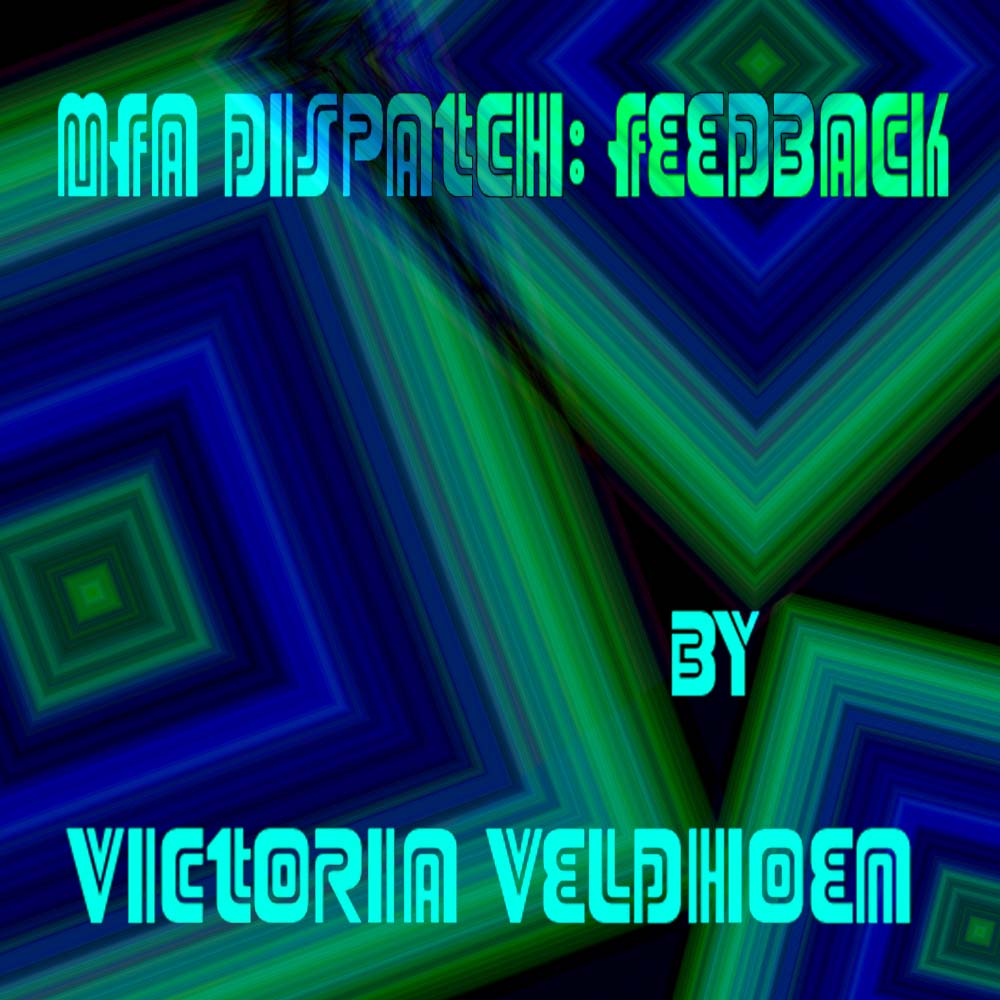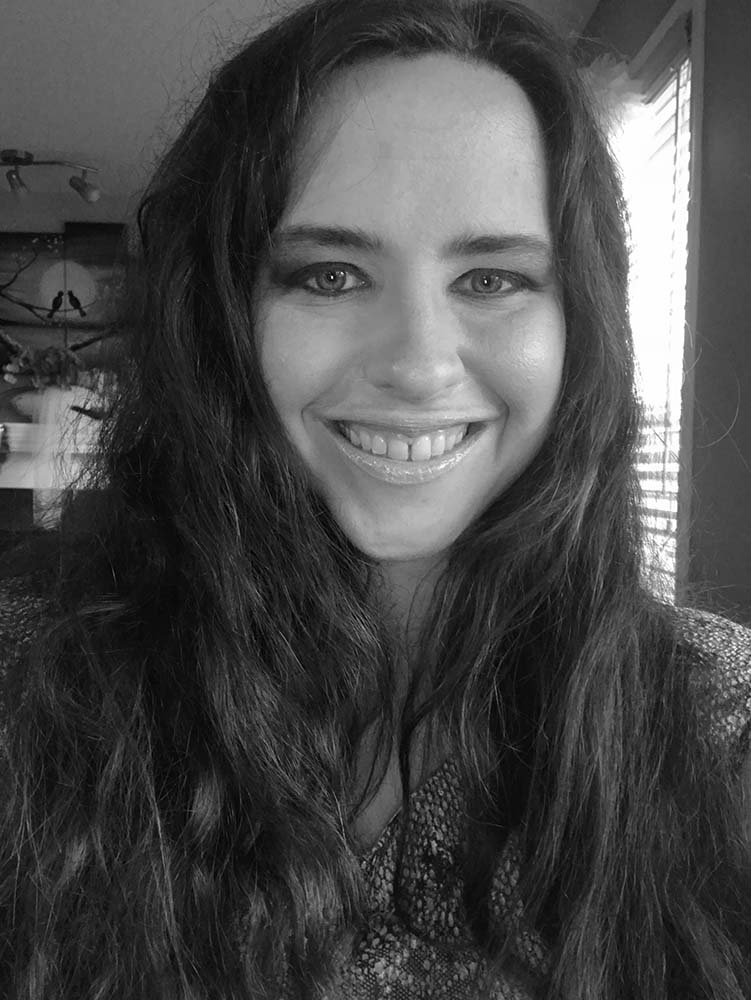write due to a fear of producing nothing but shitty prose, to someone who writes every day and now has irrefutable proof of my ability to produce nothing but shitty prose. It turns out though that’s the secret. Do something enough and eventually you’ll transition from god-awful to just plain awful. Keep on pushing past that and maybe you’ll even become mediocre. If this doesn’t depress you and you like not having money, then an MFA program might be right for you. It was certainly right for me. I enrolled in Goddard College’s low-residency program nearly two years ago, and it has catapulted me from a wannabe writer to someone completely immersed in both my local and global writing communities. My first residency was held in February 2017 at the Port Townsend campus, and I arrived the exact opposite way a scientist should: with no plan whatsoever. What I wanted to write and why were complete mysteries to me. The old adage “Write the book you want to read” wasn’t helpful either since I enjoyed multiple genres. Should I write a humorous treatise on my life in the style of David Sedaris? Or should I instead write about snarky teens dealing with dystopias and the end of the world? This lack of focus bothered me, but fortunately, I was matched well with my first advisor. At our first solo meeting, she encouraged me that the first semester was about exploring. The reading list she assigned me reflected this, as it was composed of classic literature, scientific nonfiction, magical realism, and modern fiction. I critically analyzed these books for what made them succeed, and with each new packet of creative work I submitted, I found myself beginning to understand how a piece of literature could speak to the soul of a reader. Of course, taste is subjective. But no matter whether a book was written in my favourite genre or not, there was always something I, could learn from it. However, as helpful as my critical analyses were, they weren’t the best part of my program. By far, the major boons of my MFA have been simply that I’ve received deadlines to write to, and that what I’ve submitted has received detailed feedback from published authors. The feedback I’ve received has made a clear difference in the writing I was able to produce at the beginning of this program and what I can do now. Half of that difference is simply in recognizing when something I’ve written is bad, and the other half is in knowing how to fix it. Because that’s the other secret. No writer writes a good first draft (well, maybe one person does, but as Anne Lamott says in Bird by Bird, “we do not like her very much”.) If you’re reading this because you still are not sure whether an MFA is right for you, here’s one piece of advice I can offer wholeheartedly: You do need an experienced eye to give you unfiltered feedback, and MFAs are programs with this step built-in. Getting feedback is never easy, and throughout the process, you’ll probably rail at least once or twice about how they just don’t understand your brilliance. But eventually you’ll realize that at least some of what they’ve said has merit, and your writing will be the better for it.
0 Comments
Your comment will be posted after it is approved.
Leave a Reply. |
AuthorNUNUM Archives
July 2024
Categories |




 RSS Feed
RSS Feed